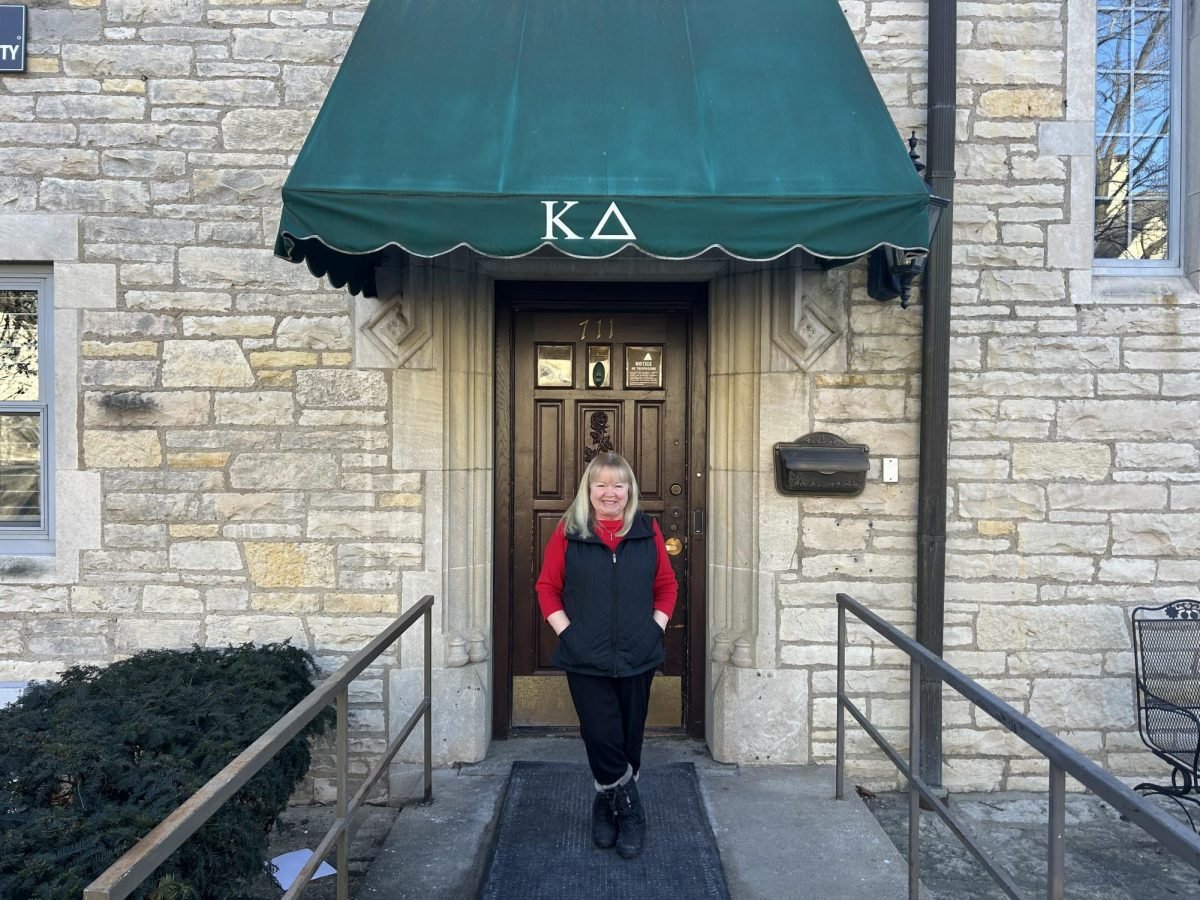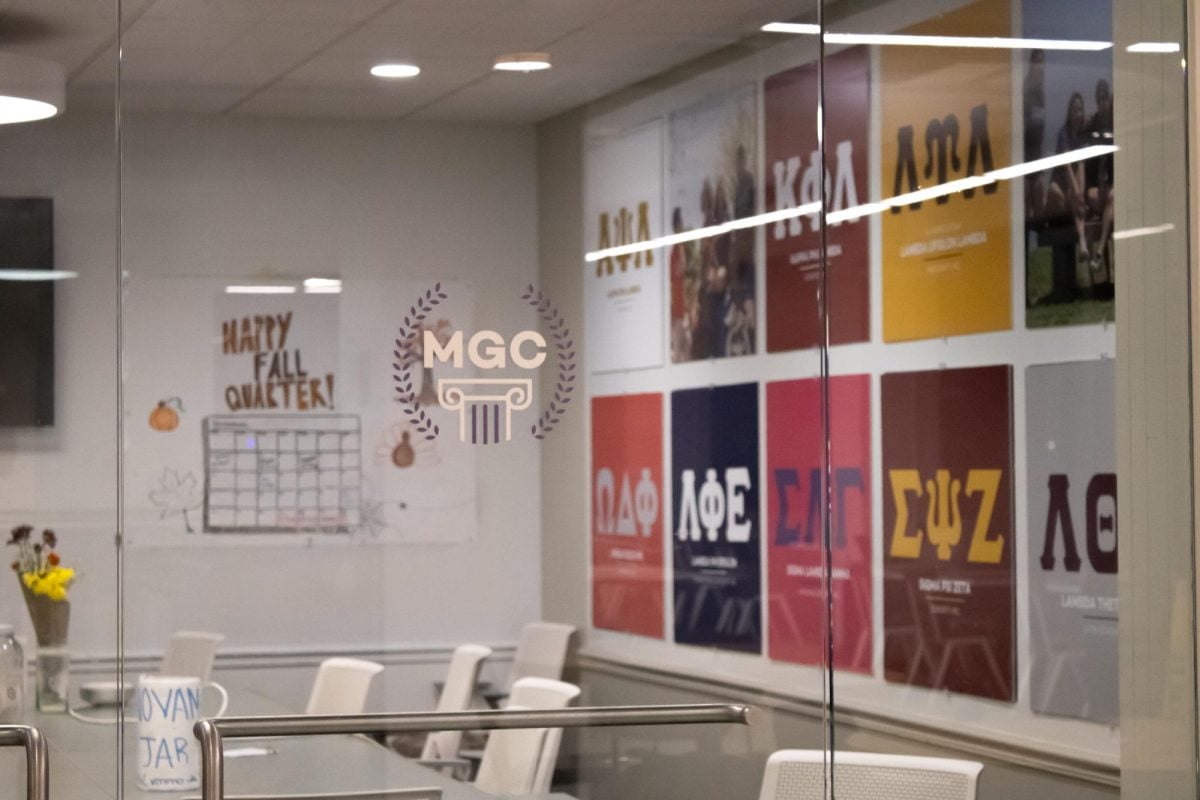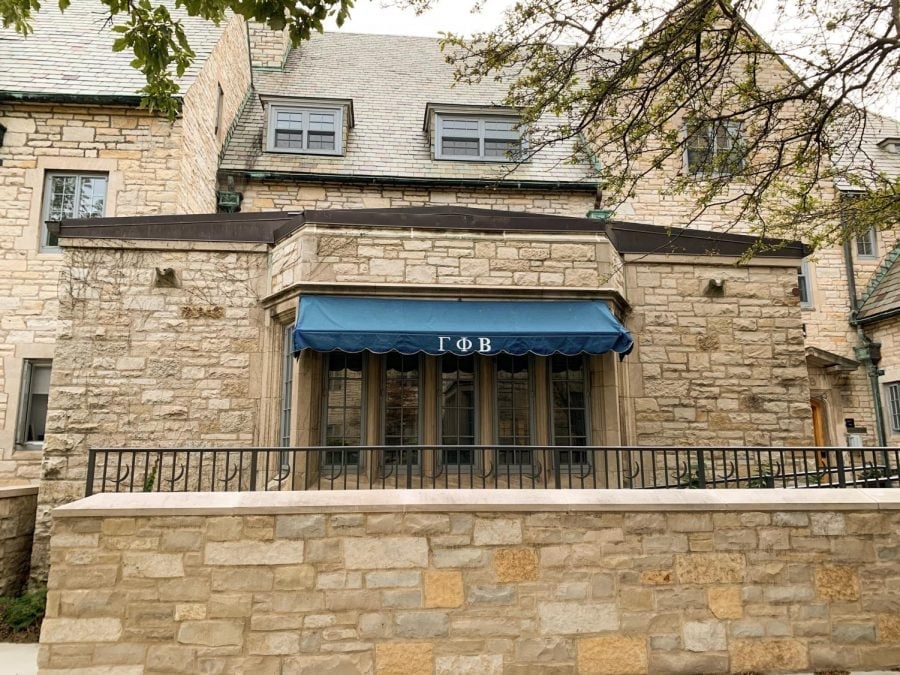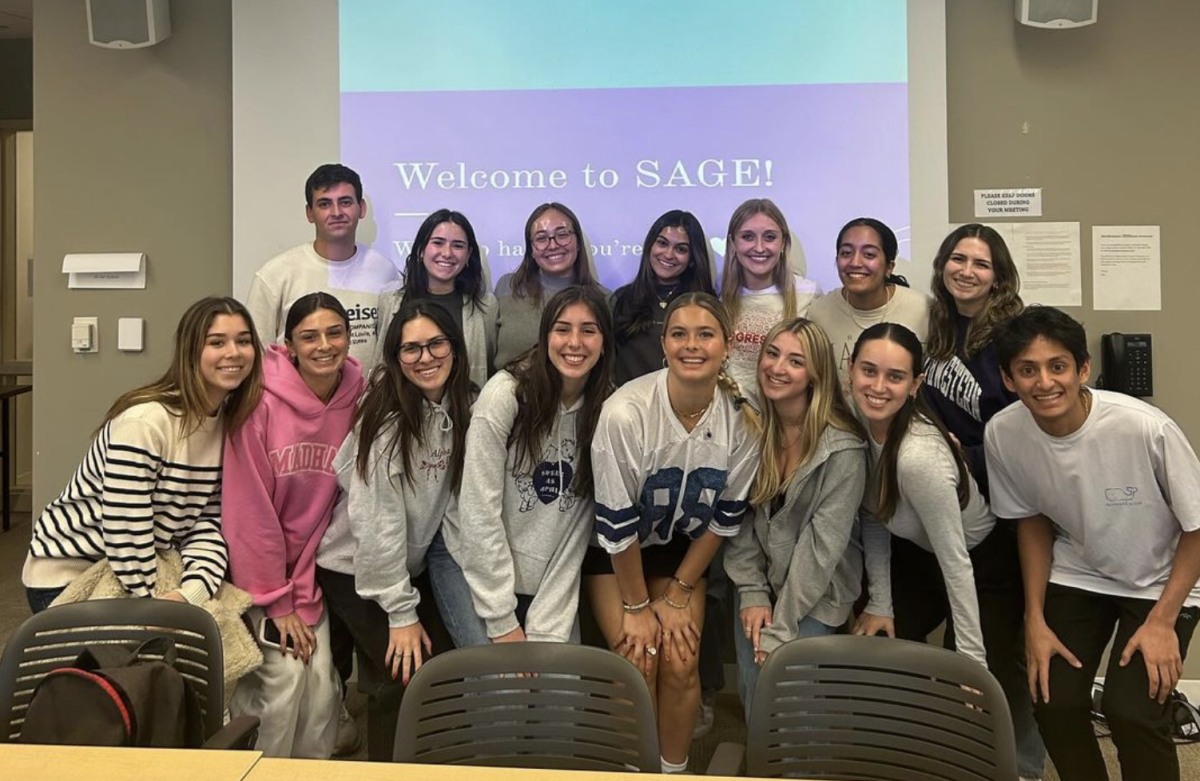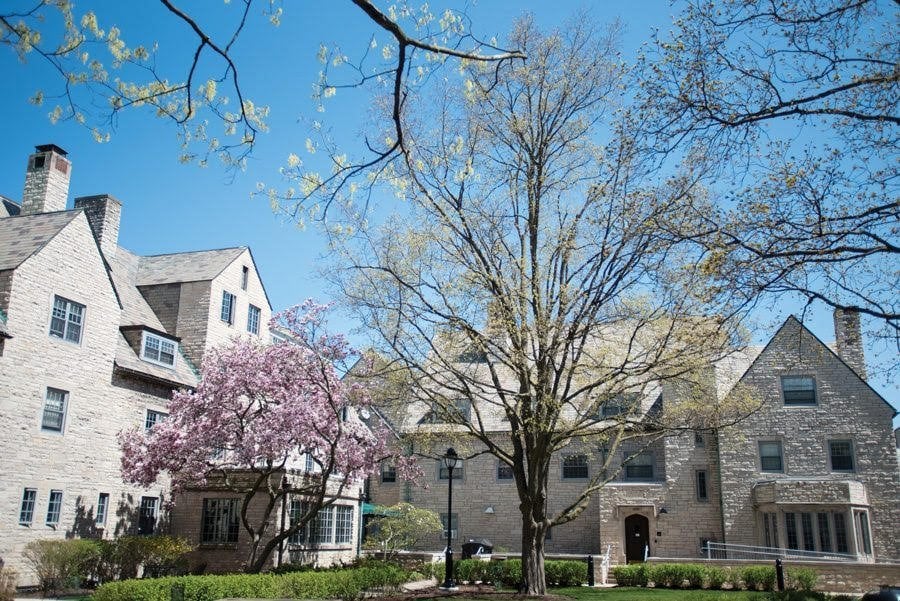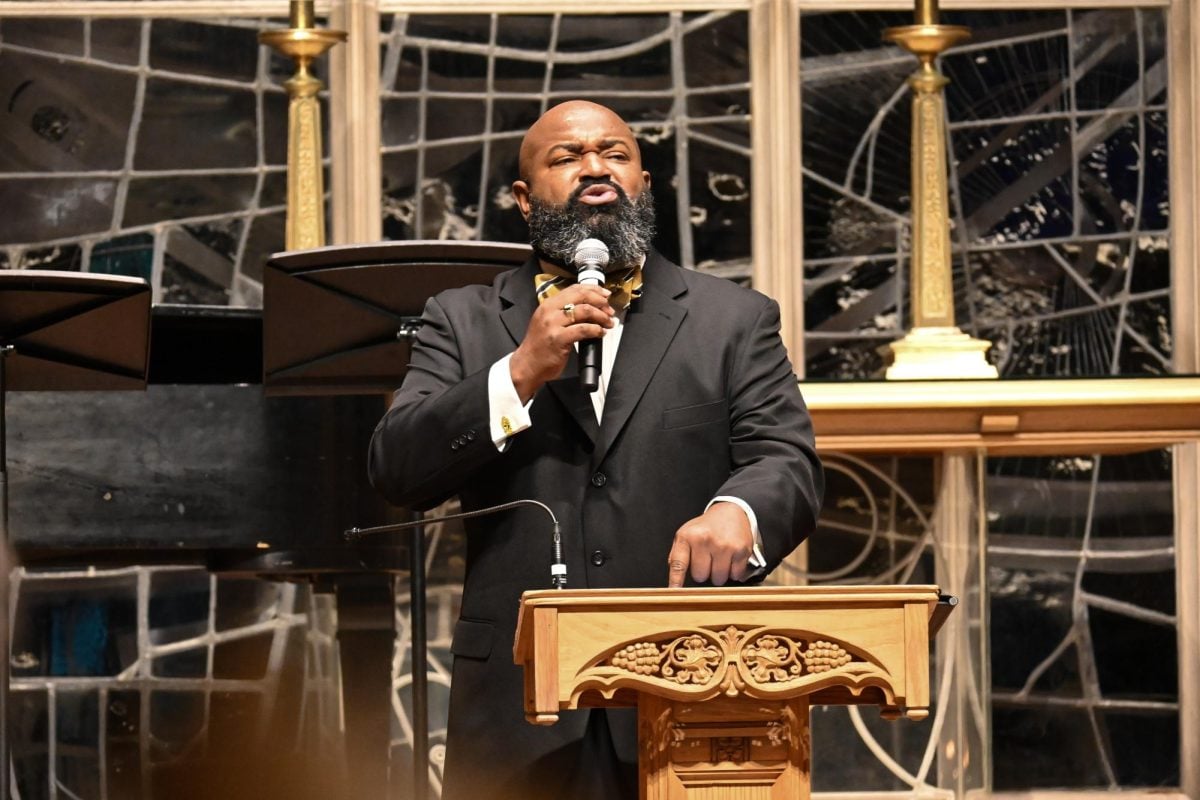Northwestern Community Development Corps held the first event of its election-focused spring lecture series, “Vote for Social Justice,” on Wednesday night.
A three-person panel examined immigration issues, and next Monday’s event will look at homelessness and income inequality. Both nights’ discussions center on social justice problems that will play a part in the 2012 elections, said NCDC dialogue co-chair Miles Mamon.
Mamon, a Weinberg senior, said these issues are relevant to college students across the country.
“It’s important to get to know your representatives and stay informed and involved in discussions,” he said. At Wednesday’s discussion, three panelists spoke about the past, present and future of immigration dialogue and policies in front of about 25 students.
Northeastern Illinois University Prof. Christina Gomez spoke about the academic implications of immigration, particularly higher education for undocumented students, and her own volunteering and activism.
“Because we’re privileged and go to universities, we need to understand our history,” Gomez said. “This is a human rights issue. We need to change the dialogue and, even more radically, change the way we do this.”
SESP senior Tulsi Parida said she attended the panel because she did not take any classes about immigration during her undergraduate studies.
“I’m doing Teach for America in a very Latino-heavy population next year,” Parida said. “This was a great introduction to a world I don’t know much about.”
Jeff Tinley, an adult-education coordinator for Latino support group Centro Romero, spoke about immigration myths and how students can get involved in activism. He recommended that students get in touch with elected representatives in order to change existing policies.
“If you don’t contact them, they’re not going to care that you care about immigration reform,” Tinley said.
The third panelist, Uriel Sanchez, has worked to organize both elected officials and Chicago residents for immigrant rights. Sanchez, an undocumented activist who is preparing to transfer to a four-year university, gave examples of local immigration campaigns, referencing a 17-year-old Skokie student who may be deported.
At the end of Wednesday’s panel, the three speakers agreed that the DREAM Act, which would give citizenship to undocumented college students or military members, was a step in the right direction in Illinois, but there must be a broader national policy change.
“I really hope they grill both President Obama and Mitt Romney on this issue,” Gomez said. “Obama’s going to have to answer to what’s been happening over the past four years.”
The second discussion will take place Monday at 6 p.m. in Fisk 217.
